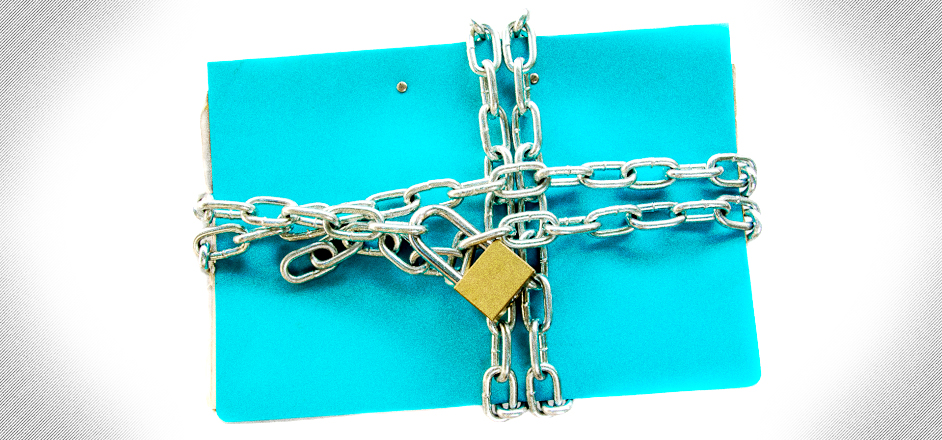Should you lose your opportunities in life just for being awesome? A new website says no.
When James Gould was a junior in high school in Sedona, Arizona — running track, playing football, and smoking a little weed — the principal searched his locker and found a quarter-ounce of marijuana. They tried to charge him with distributing drugs in a school zone. Misery followed.
He says this landed him a week in Juvenile Hall. Juvie. Jail for kids. He watched a kid try to kill himself, saw dudes beating up dudes, took communal showers in front of old men guards. Plus mom was crying, dad was mad. And he got expelled from school.
You'd think the pain would end there. The country would let him move on. But second chances can be hard to come by in America. A criminal record follows you like a tail, an ugly appendage you can mostly hide but that pops out from time to time. And a charge against a minor does not necessarily go away when you turn 18. It depends on the state, and on the charge.
In Gould's case, his conviction popped up when he was applying for scholarships to college, as students with criminal convictions have limited eligibility for federal student aid. And he couldn't afford college without help, he says.
His story is common. Two million minors are arrested every year. As many Americans have criminal records as have college degrees — about one in three.
"People are often discriminated against, whether that's for housing or getting a job," says Kevin Cheney, a Denver attorney.
There's a way to move on. The records can be erased from the public rolls. This is called sealing your record or expunging it. It's like using Wite-Out on your past. After your record is expunged, when an employer or a landlord checks up on you, you'll look as innocent as a newborn.
A big part of Cheney's work is helping people expunge their records. Cheney charges between $500 and $1,200 for the service. It's a complicated process, different in every state, in every county, for every crime. Some crimes cannot be expunged; they hang off your neck your whole life.
Gould found out what a pain it is. When trying to expunge his record, he found a dizzying maze of legal bureaucracy and misinformation, including a clerk who told him, wrongly, that he couldn't expunge his crime.
Turned out: he could. Gould puzzled out the process, and wiped his slate clean.
Gould, now 22 and living in Boulder, is full of fire and fury at the injustice of what happened to him. While other kids were enrolling in college, he was teaching himself how to make websites. And he's used those skills to try to help others. He's just finished making a website called Can I Expunge. It aims to help people figure out if their criminal records can be expunged by a simple set of questions about where the crime happened, how serious it was, and so on. Then it directs users on how to find legal help.
"If you have a record for cannabis" in Colorado, Gould says, "my understanding is you can generally expunge that."
Kevin Cheney, the lawyer, helped Gould with the legal aspects. It's only available in Colorado for the moment, but the team is hoping to expand it soon to California, Florida, Illinois and Oregon.
"We're generally talking about people who have, in some cases, gone years or even decades without getting into any trouble," Cheney says. "We've all done things that we're not proud of, and most of us are entitled to a second, or a third, or even a tenth chance."



Leave a Reply
You must be logged in to post a comment.